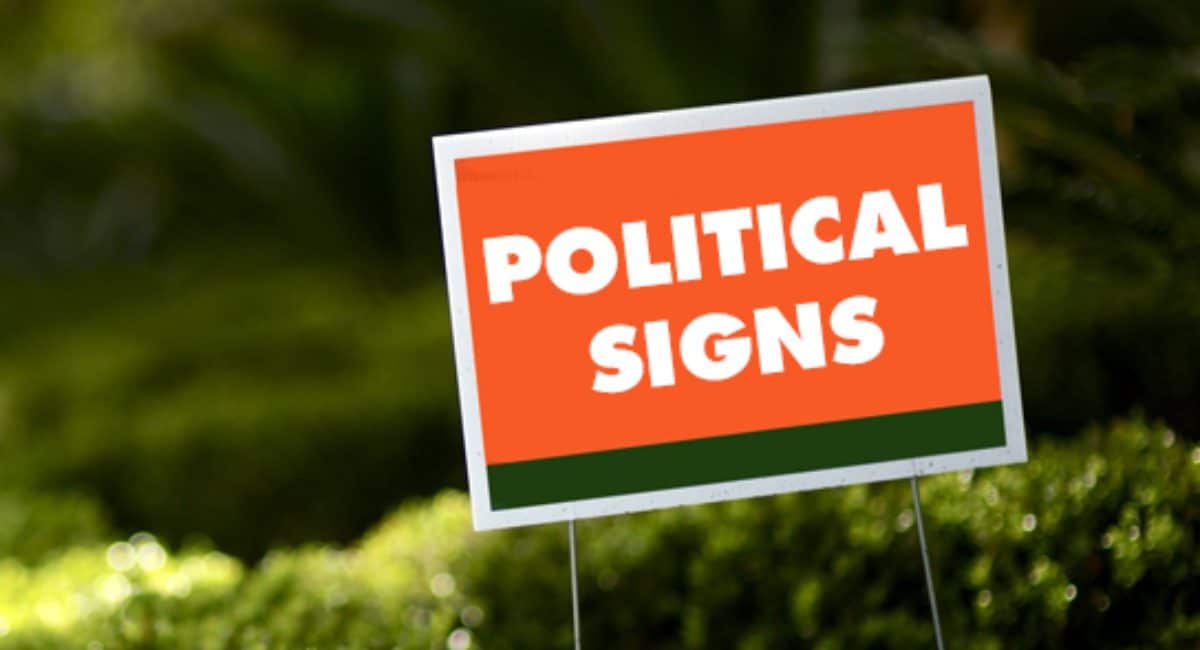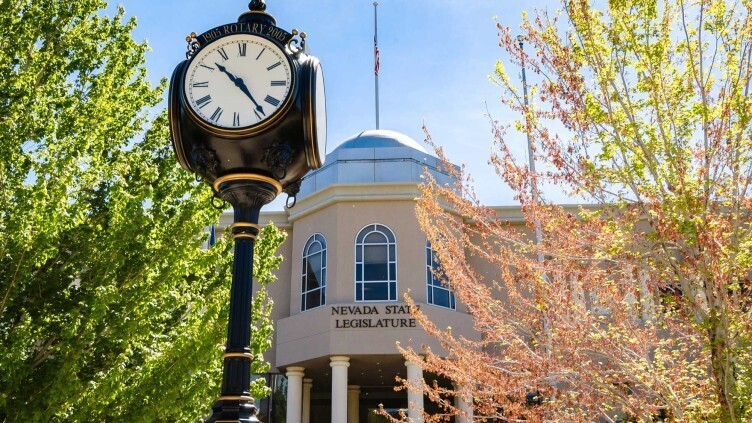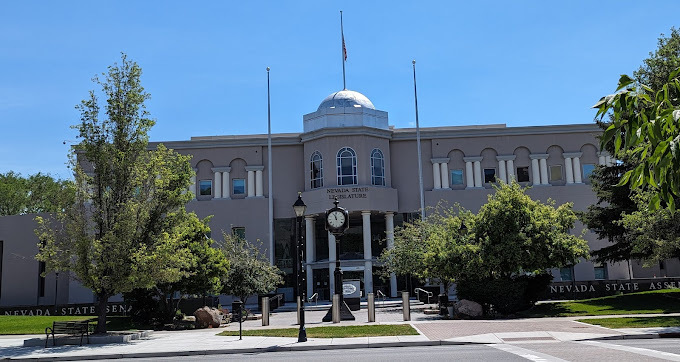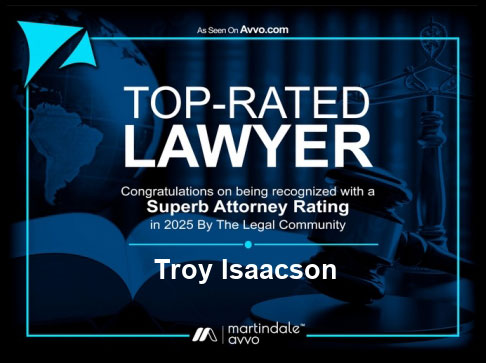ISAACSON LAW BLOG
Political Signs

Political Signs
As the November election draws near, it is not surprising that complaints over political signs, flags and other statements within community associations has grown.
Certainly NRS 116.325 allows owners and tenants to exhibit one or more political sign within that portion of the common-interest community they either own or have the right to use exclusively. However, NRS 116.325 places certain limitations on the political signs that may be displayed. Those limitations include:
a. Political signs must not be larger than 24 inches by 36 inches.
b. If the Unit is occupied by a tenant, the owner may not exhibit any political signs without the tenant’s consent.
c. While a unit’s owner or occupant may exhibit as many political signs as desired, they may not exhibit more than one sign for each candidate, political party or ballot question.
Otherwise, Nevada homeowners’ associations can prohibit all types of signs or other political flags or statements. All other signs including For Sale signs, signs installed by vendors doing work at a home, seasonal and congratulatory greetings and political signage may be prohibited if the board determines that doing so is in the best interests of the community. Of course, if the membership disagrees with the board’s decision, they may decide not to re-elect the board in the future.
Certainly, some resident signs enhance a community’s charm including seasonal greetings, and in the time of COVID, the congratulatory yard signs letting neighbors know of a child’s accomplishments when a traditional party could not take place. However, other signs can cause concern. For example, many associations dislike the posting of “For Sale” signs as an abundance of those signs may send the wrong signal to both residents and potential purchasers.
And, it goes without saying that political signs these days are capable of igniting fuses between neighbors. One school of thought is that someone’s sensitivities should not dictate the ability of others to promote their political candidate of choice. The other school is that political signs do not belong inside a private residential community where they can do more harm than good. The advocates for keeping politics out of communities believe that one’s political ideology is more productively expressed through monetary donations, volunteering for a campaign and/or waging war against strangers on social media sites to one’s heart’s content.
Some individuals further maintain that their constitutional rights are being trampled if an association denies them the right to install a political sign or political flag. However, a state actor (i.e., the government), is required for a finding that one’s First Amendment rights are being violated. In Nevada, on other Constitutional issues, homeowners’ associations have generally not been found to be state actors, so prohibiting political signs and political flags is possible either through a recorded covenant or a board rule. See, Saticoy Bay LLC Series 350 Durango 104 v. Wells Fargo Home Mortg., 388 P.3d 970, 973 (Nev. 2017).
To minimize battles over political signs, flags, and other forms of speech, to the extent not set forth in the community’s declaration, associations are encouraged to adopt reasonable rules and regulations. Board members should work with legal counsel as to avoid adopting unreasonable rules and regulations that could lead to complaints before the Real Estate Division and potentially litigation. Should you or the Association have questions regarding political signs within a homeowners’
association, please contact Troy Isaacson at (702) 529-2559.

LOCATION
- (702) 529-2559
- 4730 S. Fort Apache Rd, Suite 280 Las Vegas, Nevada 89147
BUSINESS HOURS
Monday – Friday: 8:30am to 5:30pm
Recent Blog Posts

Legislative Session 4-20-25

Legislative Session 3/15/25



